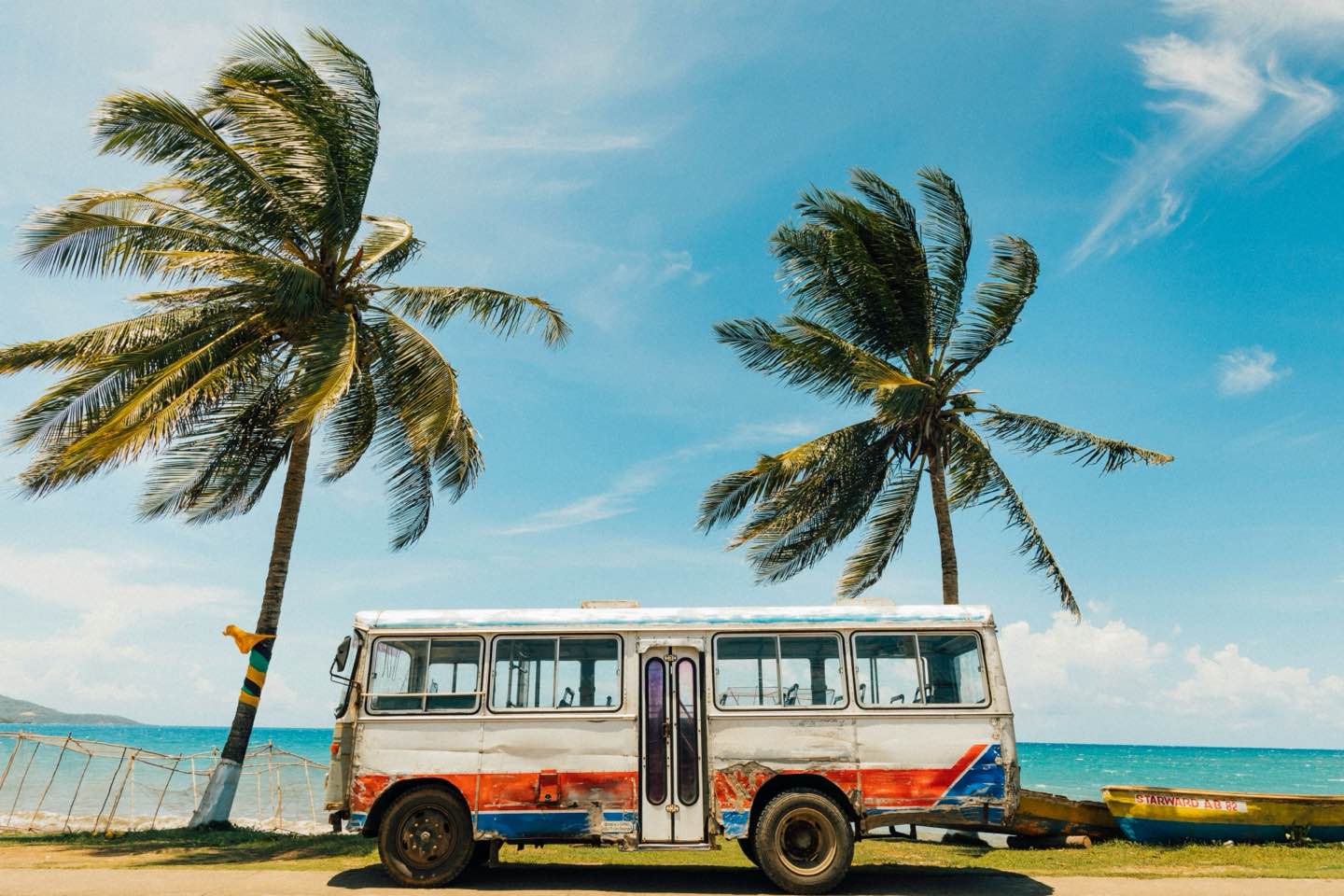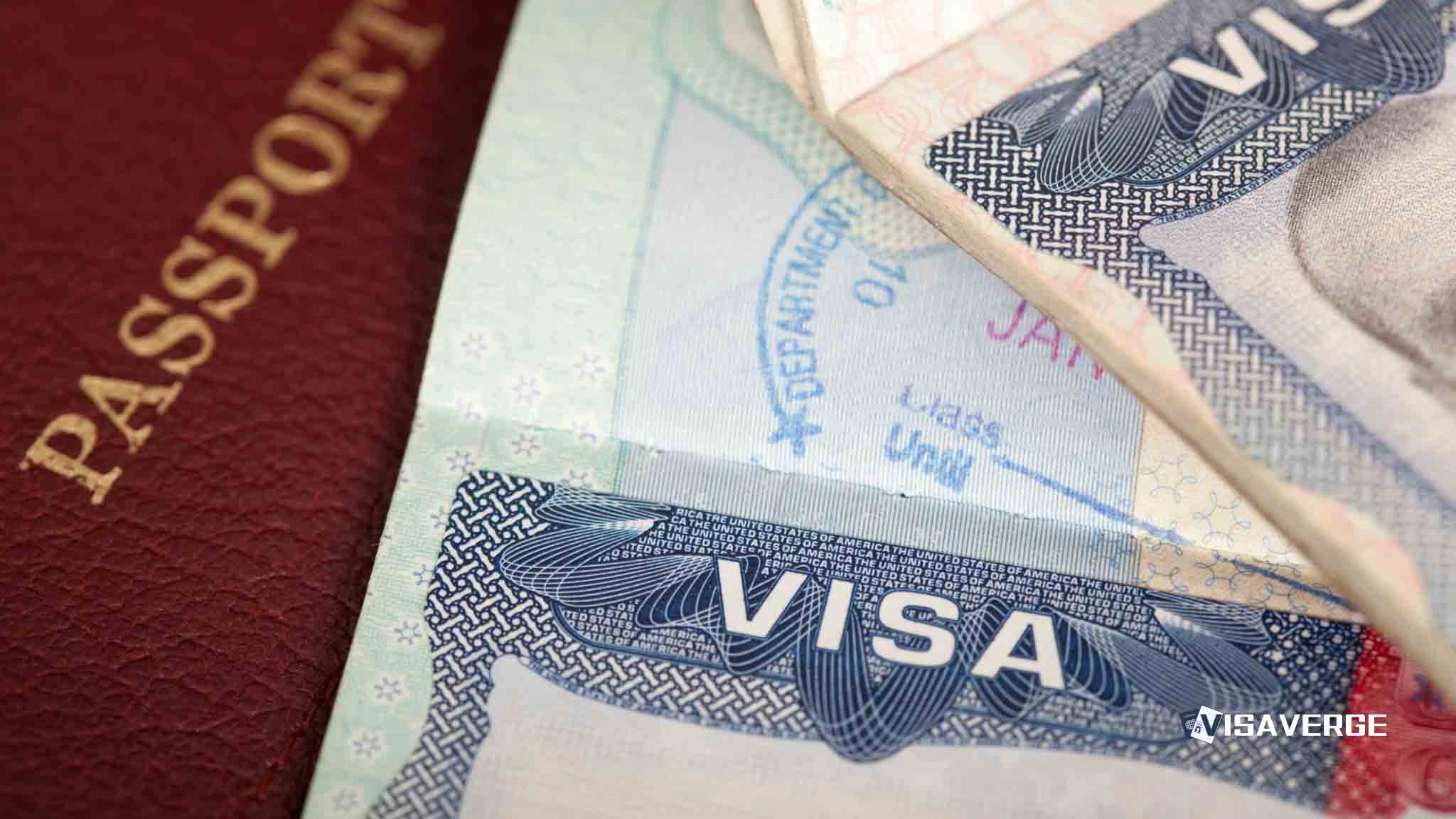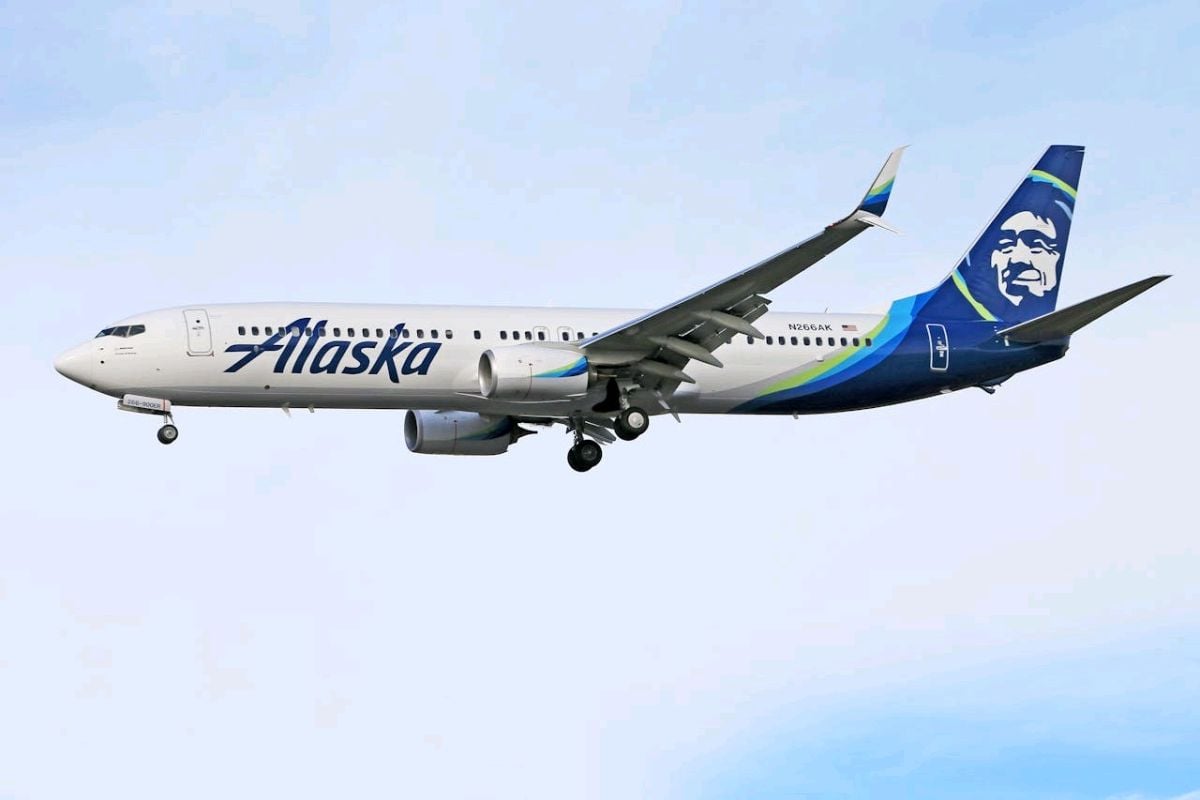Understanding the U.S. Travel Advisory for Jamaica
Amid concerns about crime and medical services, Jamaican officials are challenging the U.S. Department of State’s travel advisory, which was re-issued in January. The advisory places Jamaica at Level 3, suggesting citizens ‘reconsider travel’ to the island – a rating that is just one step below the most severe warning.

Jamaica has been a beacon for U.S. tourists, often voted as a top honeymoon destination on platforms like Tripadvisor. In response to the U.S. stance, the Jamaican Minister of Foreign Affairs and Foreign Trade Minister, Johnson Smith stated in a press release:
“In recent years, the Government has more than doubled its investments to strengthen our capacity to tackle crime and health-related challenges across the island for the benefit of our citizens and indeed everyone who wishes to visit Jamaica.”
Jamaica Challenges the Advisory’s Claims
While the State Department points out issues such as the local authorities’ response to serious crimes and particularly highlights a concern about sexual assaults, including those at all-inclusive resorts, the advisory seems at odds with the perspectives of some Jamaican officials. They contend that the crime rate against visitors is exceedingly low, with the Jamaican Tourist Board informing NPR that “the crime rate against visitors to Jamaica remains extremely low at 0.01%.”
The advisory also brings up delays in essential administrative processes, noting that families of U.S. citizens who have been killed in Jamaica have sometimes waited over a year to receive a death certificate. Additionally, it highlights restrictions placed on U.S. government personnel, forbidding them from taking public buses and restricting travel in certain regions of Kingston during nighttime hours, and raises concerns about the quality of hospital care.
Acknowledging Progress in Safety and Security
Jamaica’s government is eager to emphasize the progress made in reducing crime and enhancing safety. Minister Johnson Smith expressed disappointment over what she perceives as a lack of recognition from the U.S. for these improvements:
“We are making serious improvements, although we still have much more to do to achieve all that we wish to deliver. It is not insignificant that Jamaica has recorded a more than 20 per cent decline in serious crimes, along with strong improvements in arrests and prosecution.”
Supporting these claims, the Jamaica Constabulary Force reported a decrease in homicides with 83 murders in the first month of 2024 compared to 109 in the same period of 2023.
Tourism: Jamaica’s Economic Pillar
Tourism is the lifeblood of Jamaica’s economy, contributing to more than 30% of the country’s economic output prior to the pandemic. Minister of Tourism Edmund Bartlett strongly believes in the power of this sector:
“If there was ever an industry that has the potential to transform our nation, our communities and the lives and livelihoods of the Jamaican people for the better, it is tourism.”
Jamaica has witnessed a robust rebound in tourism post-pandemic, hosting 4.1 million people last year. This recovery comes after the country experienced a Level 4 travel advisory during the peak of the Covid-19 outbreak. The Jamaica Tourist Board has invited travelers confidently stating, “Visitors can continue to come with confidence to enjoy all that Jamaica has to offer.”
Tips for Travel Safety in Jamaica
For tourists who choose to visit Jamaica, it’s essential to take precautions to ensure safety:
– Avoid walking or driving at night.
– Steer clear of using public buses.
– Stay away from secluded areas.
– Do not resist any robbery attempts.
The State Department has specified areas where U.S. government workers face travel restrictions due to crime, including sections of downtown Kingston and St. Andrew Parish, Westmoreland Parish, among others. Travelers are encouraged to review the extensive list of neighborhoods and comply with these guidelines to maintain safety.
For the most current U.S. travel advisories for Jamaica and other countries, be sure to visit the U.S. Department of State’s official website.
In conclusion, while there are safety considerations to keep in mind, the debate over the State Department’s advisory underscores the complex nature of travel guidance versus the realities on the ground. With the Jamaican government’s assertive steps towards improving safety for tourists and its citizens alike, many travelers will no doubt continue to savor the island’s dynamic culture, scenic beauty, and warm hospitality.
Learn Today:
Glossary or Definitions:
1. U.S. Department of State: The U.S. Department of State is the federal executive department responsible for international relations and diplomacy. It issues travel advisories to inform U.S. citizens about the potential risks and safety concerns associated with traveling to specific countries or regions.
- Travel Advisory: A travel advisory is a notice or warning issued by a government or relevant authority to inform travelers of potential risks, dangers, or security concerns in a specific destination. The advisory may provide recommendations or restrictions on travel to that particular location.
-
Level 3: In the context of a travel advisory, Level 3 refers to a classification that suggests travelers should “reconsider travel” to the specified destination. It indicates a significant level of risk or safety concerns that travelers should carefully consider before deciding to travel to that area.
-
Crime Rate: The crime rate refers to the frequency or occurrence of criminal activities, such as theft, robbery, assault, or murder, within a specific area or population. It is often measured per 1,000 or 100,000 people to provide a standardized comparison across different regions.
-
Jamaican Tourist Board: The Jamaican Tourist Board is a government agency responsible for promoting tourism in Jamaica. It provides information and assistance to tourists, supports the development of the tourism industry, and represents the interests of the tourism sector in national and international forums.
-
Administration Processes: Administrative processes refer to the procedures and tasks involved in the management and handling of administrative matters, such as processing paperwork, issuing permits, licenses, or certificates, and coordinating bureaucratic responsibilities. Delays in administrative processes can impact various aspects, including legal proceedings, official documentation, or services.
-
Death Certificate: A death certificate is an official document issued by the government or relevant authority that confirms the death of an individual. It contains essential information about the deceased person, including the cause, date, and location of death. Death certificates are often required for legal, financial, and administrative purposes.
-
Homicides: Homicides refer to acts of killing another person. It specifically involves the intentional or unlawful taking of someone’s life. Homicides are typically classified as murder, manslaughter, or justifiable homicide, depending on the circumstances and intent.
-
Economic Output: Economic output refers to the total value of goods and services produced within a specific country or region over a given period. It is a measure of the economic activity and productivity of an area and is often used to assess the overall health and performance of an economy.
-
Pandemic: A pandemic is a global outbreak of a contagious disease that affects a significant number of people across multiple countries or continents. It is characterized by the rapid spread of the disease and has the potential to cause severe illness, death, and societal disruptions.
-
Travel Restrictions: Travel restrictions are measures imposed by governments or authorities to limit or regulate travel to specific destinations. These restrictions aim to mitigate risks, maintain public safety, and control the spread of diseases, among other factors. They may include limitations on entry, quarantine requirements, visa restrictions, curfews, or prohibitions on specific modes of transportation.
-
Neighborhoods: In the context of travel advisories, neighborhoods refer to localized areas within a city or region that may have specific safety concerns or risks. Governments may provide guidelines or restrictions on travel to certain neighborhoods to ensure the safety and well-being of travelers.
-
Dynamic Culture: Dynamic culture refers to a vibrant and ever-changing cultural environment characterized by creativity, diversity, and adaptability. It reflects the ongoing evolution of social practices, traditions, arts, and customs within a society, often influenced by historical, social, and global factors.
-
Scenic Beauty: Scenic beauty refers to the visual appeal and aesthetic qualities of natural landscapes and surroundings. It encompasses breathtaking views, picturesque landscapes, and visually pleasing elements found in natural or man-made environments.
-
Warm Hospitality: Warm hospitality refers to a welcoming, friendly, and hospitable attitude displayed by individuals or communities towards visitors or guests. It involves kindness, generosity, and a genuine desire to make visitors feel comfortable and appreciated in a foreign environment.
So, if you’re itching to explore the beautiful beaches, vibrant culture, and warm hospitality of Jamaica, don’t let the travel advisory deter you. Just be sure to take precautions, stay informed, and stay safe. And for more valuable insights and guidance on travel advisories and visa information, be sure to visit visaverge.com. Happy travels!
This Article in a Nutshell:
Amid concerns about crime and medical services, the U.S. Department of State issued a Level 3 travel advisory for Jamaica, suggesting citizens ‘reconsider travel’ to the island. Jamaican officials dispute the claims, stating that the crime rate against visitors is extremely low. Tourism is vital to Jamaica’s economy, and the government has made significant improvements in safety. Use caution and consult the U.S. Department of State’s website for travel advisories.













